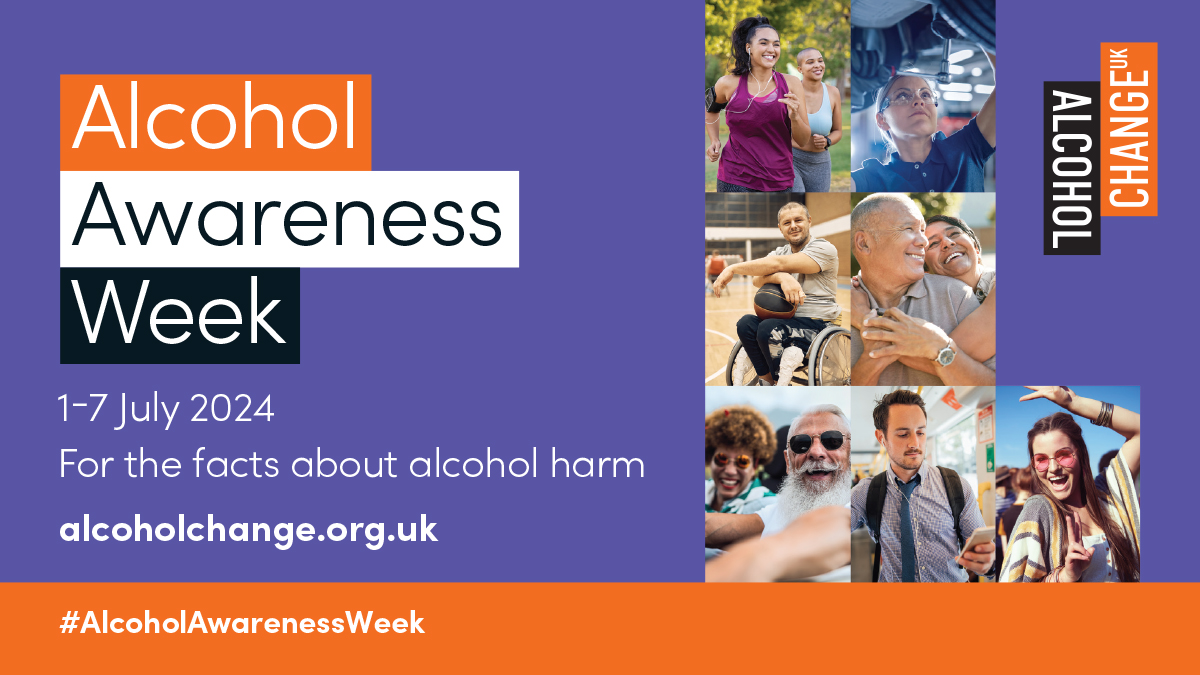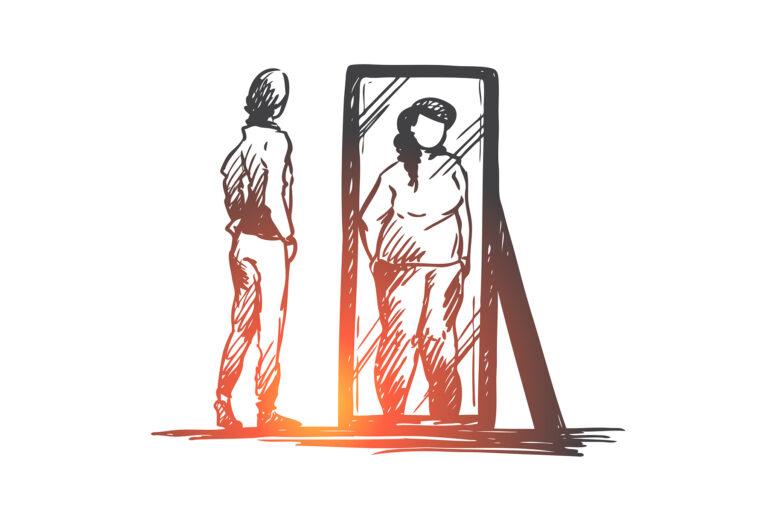Alcohol Awareness Week is all about forcing the issue of alcohol misuse and abuse to the top of the agenda. This year’s theme was “Understanding alcohol harm”, a very important topic, given that even small amounts of alcohol can cause health problems.
As experts in alcohol addiction we see first hand just how damaging alcohol can be to the addict and their loved ones, yet we agree with Alcohol Awareness UK that it is not on the agenda as much as it should be. Public opinion seems to be that alcohol harm only affects really heavy drinkers and addicts, but in fact it is having an impact on millions of us every year and must be taken seriously.
As Dr Richard Piper explained. “The most obvious personal cost of alcohol is to our health. Alcohol damages our bodies in multiple ways: our heart, our liver, our brains, our skin, our liver and our cells – causing seven forms of cancer. Most people who die from alcohol are not fully alcohol-dependent – they’re more likely to be heavy drinkers who had no idea quite how dangerous alcohol is.”
In fact, there were over 10,000 deaths from alcohol in 2022 in the UK, a record figure, which is over 30% higher than the figure in 2019. Alcohol Change UK is calling for the government to take action on a wide range of actions to reduce harm from alcohol. This includes; “better regulation of alcohol marketing, clearer alcohol labelling, and minimum unit pricing in England which has been shown to play a vital part in helping to reduce hospitalisations and deaths. There is also an urgent need to offer high-quality treatment and support for all those who are struggling with their alcohol consumption.”
How much is too much?
From a point of view of an alcoholic, there’s no such thing as a moderate approach to drinking, and even one drink is too much. Once you identify that you have a problem with alcohol, we advise total abstinence. That’s because alcoholics cannot simply have one drink. Unlike a “normal” drinker, who can have half a glass, or decide not to drink when they go out, this is not possible for an alcoholic.
As Howard Silver our Founder explains, “There is no one-size fits all when it comes to any addiction and recovery, but one thing is for sure, you need to stay abstinent. If we stop drinking and using, we have choices. If we have choices and continue to ask for help, we can make good decisions for ourselves and those we love.”
However, if you are able to moderate your drinking, then the key is to ensure that your drinking falls within safe levels. This may well be less than you think!
There are safe drinking guidelines, which are there to help you to ensure your drinking is not causing you harm. They state that –
- You shouldn’t drink more than 14 units per week (6 pints of lager or 1.5 bottles of wine)
- Avoid binging, and spread this over three or more days
- Implement several alcohol-free days per week
- Do not drink at all when pregnant
- Do not drink under 15 years old and ideally don’t drink under 18 years old
However, these guidelines are not a catch all, as Alcohol Change UK states, “Sticking to no more than 14 units a week isn’t a guarantee that our health won’t be negatively impacted by alcohol, and drinking above 14 units doesn’t mean you definitely will have health problems either. But, as a general rule, if we drink at low levels, then we keep the risk of harm to low levels too.”
What areas of our bodies are most affected by drinking?
Alcohol Change UK has a great section which simply explains how drinking more than 14 units per week can affect your body, with an interactive body map and we’ve pulled out the main points here.
The Brain – There are many impacts of alcohol on the brain, including brain damage in the heaviest drinkers, as well as impaired memory and blackouts. In addition, drinking alcohol can have a negative impact on our mental health, causing low mood and anxiety and worsening symptoms of existing mental health conditions.
Mouth and throat – There is an increased risk of developing cancer of the mouth, larynx and oesophagus
Heart – Heavy drinking is also associated with both hypertension and increased risk of stroke
Breasts – More than 50 studies have confirmed that alcohol is a particular risk factor for breast cancer.
Stomach – Drinking too much can cause gastritis, stomach ulcers and reflux, it can also increase your risk of stomach and bowel cancer.
Liver – Long-term, drinking too much alcohol can lead to fatty liver, hepatitis, cirrhosis and liver cancer.
Reproductive System – It can cause temporary impotence and shrink the sexual organs in both men and women.
The harsh reality of the long-term impact of alcohol addiction
Our Therapeutic Director and Lead Addictions Specialist clearly explained the enormous impact that sustained heavy drinking and alcohol addiction has on clients.
“The mental health issues caused by alcohol is always individual to clients, but very common place across the board. This can take on the form of anxiety, depression, insomnia, suicidal thoughts, isolation and sometimes this can be as extreme as Korsakoff’s syndrome.
By the time they come to rehab our clients’ lifestyles are usually unmanageable in areas such as job, home, family and finances. Social isolation and lack of self-care are commonplace, even to the point of lacking basic hygiene routines.
The transformation during their time with us shows so clearly the damage that the alcohol has been doing to them.”
What to do if you’re worried you’re drinking too much?
A good starting point is to track your drinking over the course of a week and see whether you’re over the recommended 14 units and if so, by how much.
Armed with this knowledge, start to bring down the amounts you drink. Establish certain days as dry days, and move to lower alcohol or alcohol-free alternatives to keep within safe levels.
If you find you’re unable to moderate, or you are way over the safe limits, it might be time for a reset. Try one of Alcohol Awareness’ challenges such as Dry January or Sober Spring and see how you feel without the alcohol. Many people feel so good that they never go back, or if they do, that they feel in control and can keep their drinking down, well within safe limits following a break.
If you’re not able to stop drinking, you should seek help for alcohol addiction treatment. Your GP is a great place to start, or you can find your nearest AA support group, or check yourself in to a residential alcohol rehab like ours, for intensive treatment in a safe and discreet setting.




